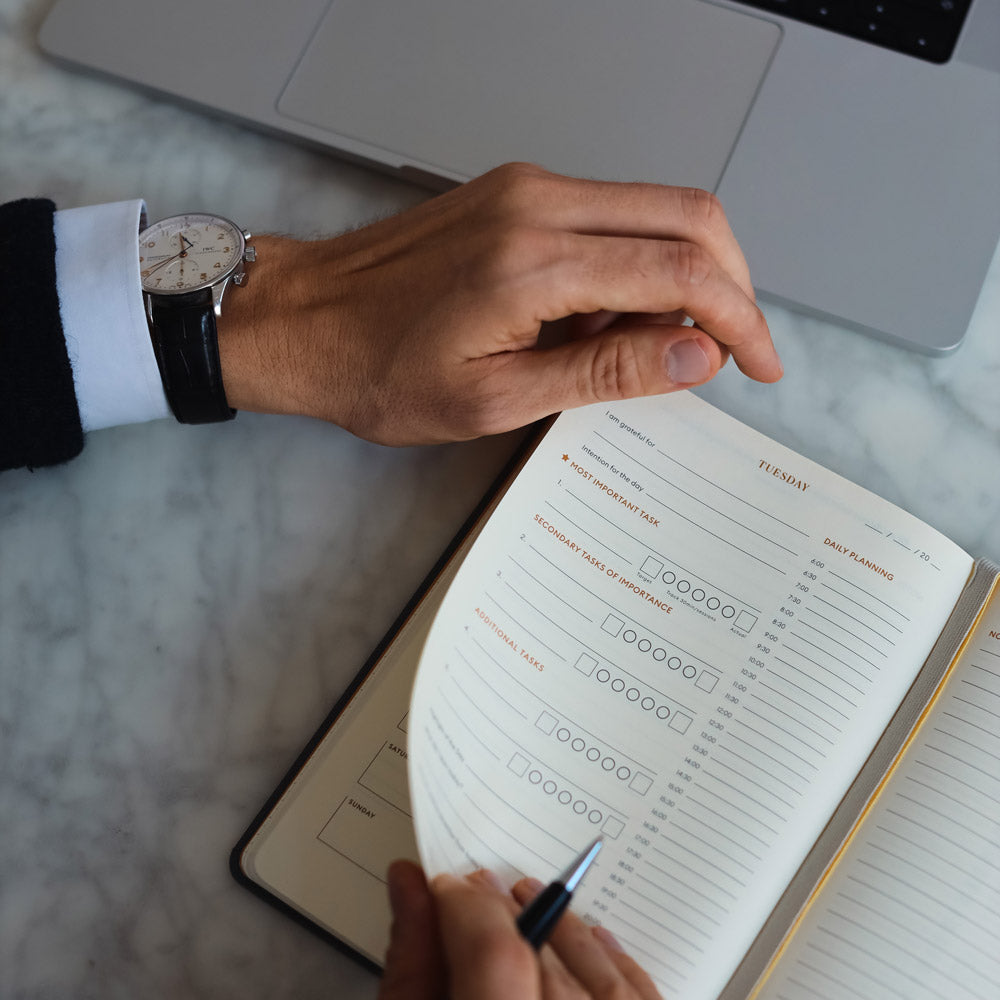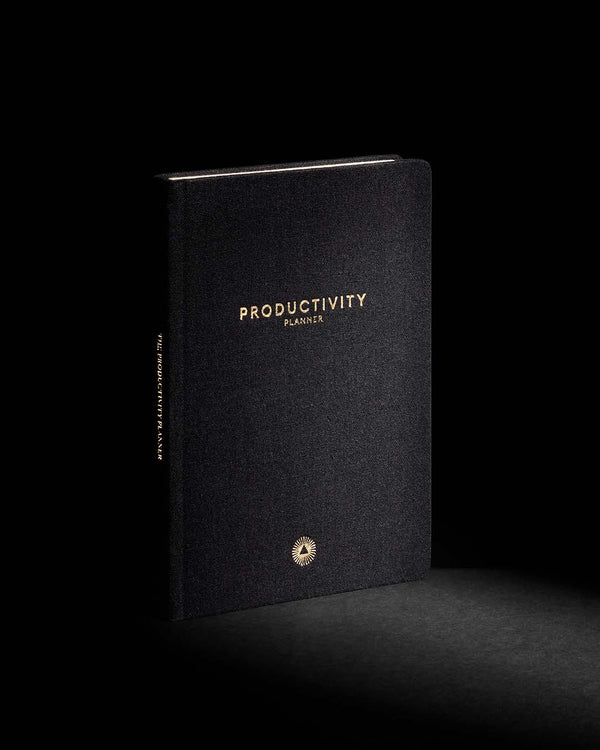Do We Need a New Definition for Productivity?

Google the word ‘productivity’ and you’ll come across thousands of videos, articles and infographics telling you how to hack or increase your productivity by tenfold; how to ensure you are ticking as many boxes on your long to-do list; or how to fit in as many tasks as possible into a single day.
Technology has also made accessible myriads of new tools to take productivity to a new level: We can now count our daily steps on apps and smartwatches; stay productive on our commute by connecting to Wi-Fi and answering emails; monitor our calorie intake on dedicated online platforms; and use digital metrics to measure our professional success. Take me as an example: As a writer, my productivity can be measured daily by the amount of articles I produce and the click-through rate on each of those articles. Has our humanity all of a sudden been reduced to mere charts and numbers?
Perhaps the abuse of these technological tools—combined with society’s glorification of being busy and constantly seeking more—has resulted in a contempt for productivity as a whole. Exhausted from trying to keep up with being productive all the time, people are starting to second-guess the concept altogether.
“It’s understandable that (people) have become frustrated with the lionization of productivity: we’re exhausted and fed up with the forces that pushed us into this state,” wrote Cal Newport in an intriguing essay for The New Yorker. Newport is right, the ongoing pressure to be constantly hustling, achieving, and telling the world about it on social media is a big part of the reason millennials have been called “the burnout generation.”
But does this mean that productivity is that overwhelming? Or do we simply need a more up-to-date, healthier understanding of what it means to be productive?
World-famous coach Tony Robbins says that we need to move beyond the classic definition of productivity as “a way to measure efficiency” and think about smart choices that are aligned with our values and life goals. In other words, it’s much deeper than just a numbers game.
“While the end goal for how to be productive in life is personal, productivity is always about getting the results you want with less time and effort,” says Robbins.
Busy Versus Productive
Achieving this more holistic, personal approach to productivity requires some key mindset shifts. For starters, we all need to understand the distinction of being busy versus being productive.
It’s easy to equate being productive with constantly being on-the-go, taking on project after project at work, or having a fully booked social calendar. Yet busy doesn’t equate to productivity—quite the opposite. Are you producing your best work for every project you are taking on—and are those projects helping you get closer to your long term career goals? Are you enjoying yourself on social outings or simply going out of obligation and to avoid FOMO? Those are some of the questions to help you map out your personal and professional schedules and stay productive on your own terms.
“I take a step back and really consider what motivates me when I say yes to things: when taking on a project, for example, am I doing it for the right reason and how is it beneficial. I try to remember that productivity doesn’t make you a better person,” says author and broadcaster Pandora Sykes, who wrote about the subject in her book of essays, How Do We Know We’re Doing it Right?
Go Analogue
When thinking about productivity from a more mindful perspective, it’s worth using tools that help you achieve your goals—the key is to avoid becoming obsessed with metrics and optimization and adopt a more humane approach.
Going analogue will usually do the trick. Take the Productivity Planner or Daily Desk Pad for example: they encourage you to put pen to paper every day and narrow down your to-do list to five important tasks, organized by order of priority. It’s an easy way to map out your day and ensure that you’re being productive, but also that you’re not taking on too much and leaving time for yourself.
Additionally, you are encouraged to break up each task into manageable 30-minute working sessions, which can be measured with the Mindful Focus Hourglass and ensure that you’re taking enough breaks and making the most of the time you are working instead of mindlessly staring at the screen or procrastinating.
Pro Tip
Move away from thinking about key tasks of the day as purely work-related and start including to-do’s related to your personal wellbeing when mapping out your day on your planner. For instance, on a day when you’re feeling tired or unmotivated, make reading an inspirational article or reflective journaling as one of your tasks-of-the-day.
The Bird’s Eye View
In order to be productive and organize your life on your own terms, you need a clear vision of the goals you are working towards, both in your personal and professional life. If you know your mission and your why, it becomes that much easier to make the right choices when it comes to the projects you take on, the people you dedicate time to, and the activities you pursue.
Contrary to popular belief, this kind of understanding doesn’t just naturally come to you every time you have to make a decision. In fact, it takes quite a bit of work to unearth it from your subconscious.
Taking time to write down your goals for the next year or quarter and regularly review them is one of the most failsafe ways to achieve this. In the newest version of the Best Year Journal and Quarterly Productivity Planner, you get to define a compelling vision for the future and identify a manageable amount of goals in order to bring that vision to life.
By taking time to reflect and understand what you want, as well as why you want and how you plan to achieve it, you’ll be less likely to get carried away with empty productivity hacks or doing things for the sake of keeping busy. Instead, you’ll be able to curate your time—and your life—in a way that suits you and your overall mission.
As Tony Robbins put it: “To get what you want in life, you need to learn that what makes you productive isn’t a long to-do list.”








